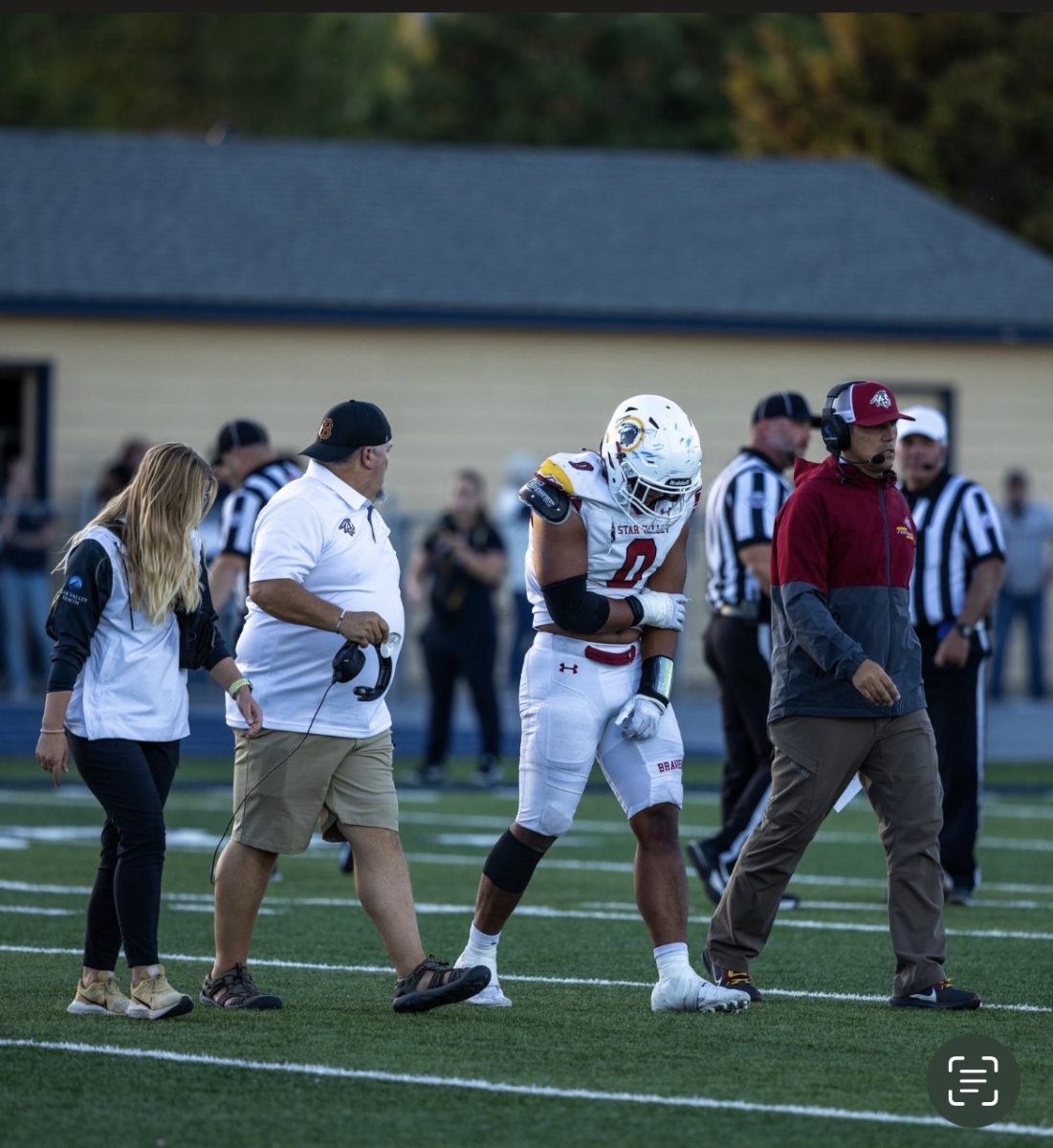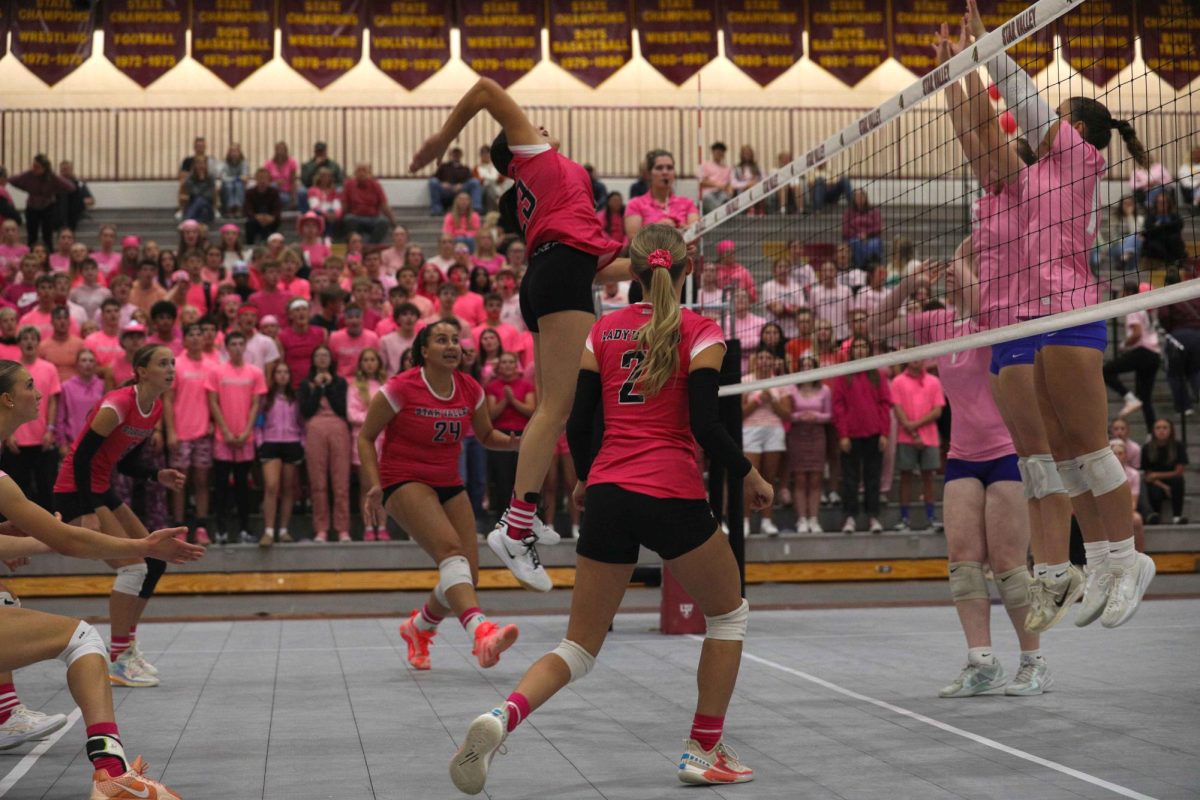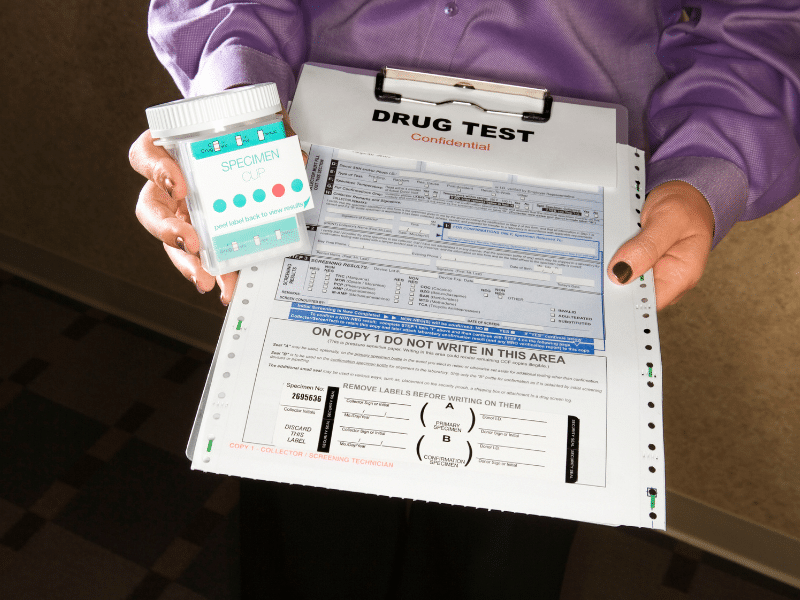Random drug testing has been controversial ever since it was first introduced in schools. Typically administered to student-athletes rather than the general student body, these tests come with both advantages and disadvantages. In this discussion, I will explore both sides of the issue and form a final opinion on whether random drug testing should be used in schools.
To begin, it’s important to clarify that at SVHS, random drug testing is only conducted on athletes. All participating athletes sign a form consenting to the possibility of being selected for drug testing. The school’s policy is not inherently controversial, as participation is voluntary. If a student does not wish to be drug tested, they can simply choose not to sign the consent form or participate in athletics.
The controversy surrounding random drug testing in schools began with the 1995 Supreme Court case Vernonia School District v. Acton. In this case, a student-athlete was prohibited from playing football after his parents refused to consent to a random drug test. The Supreme Court ruled that schools have a legitimate interest in deterring drug use and that, without consent to testing, a student can be denied the ability to participate in sports.
Later, in the 2002 case Board of Education v. Earls, a middle school sought to require students to consent to random drug testing in order to participate in any extracurricular activities. Opponents argued this violated students’ Fourth Amendment rights, which protect against unreasonable searches and seizures. However, the Supreme Court upheld the school’s policy, stating that if a school has a legitimate interest in preventing drug use, then random drug testing is lawful. To date, the Supreme Court has not ruled on whether drug testing is permissible for students who do not participate in extracurricular activities. However, students involved in such activities may be subject to random drug testing or denied participation if they refuse.
Critics of random drug testing raise several valid concerns. These include violations of student privacy, a lack of compelling evidence that the tests reduce drug use, and poor allocation of school resources—arguing that the money could be better spent on more effective programs. A particularly compelling argument is the lack of evidence supporting the effectiveness of these tests. Numerous studies over the past two decades have shown that random drug testing in schools has little to no effect on overall drug use. In some cases, it may even have unintended consequences, such as reduced participation in sports (due to fear of testing) or students turning to more dangerous, less detectable substances.
From 2003 to 2007, the U.S. Department of Education conducted a study comparing seven schools with random drug testing and seven without. The study found no statistically significant difference in drug use between the two groups. It also observed a slight decline in participation in extracurricular activities in the schools that implemented testing.
To gain more perspective, let’s consider what some SVHS students think about random drug testing. Sophomore Ian Wells says, “I would have to say that random drug testing and other similar procedures are necessary for the safety and security of the students and the institution established here at SVHS. The school grounds are the property of the state, and therefore, the school has the right to regulate the movement of substances—illegal or otherwise.”
Sophomore Paxton Probst adds, “I feel that random drug testing and other relevant policies are moderately essential to ensure the safety and integrity of our students here at SVHS. These policies ensure that students remain committed to our school’s expectations. When we are randomly drug tested, it confirms that we are competing in sports and other extracurricular activities fairly and responsibly. I believe this system is so well designed that we could even increase the frequency of testing to ensure that rules and regulations are being maintained. Overall, I support the school’s decision and believe the current system is effective and well-rounded.”
In conclusion, I believe random drug testing in schools can be beneficial, especially in the context of extracurricular activities. These programs help deter drug use in environments where fairness and safety are critical. While the evidence of effectiveness is mixed, the principle of accountability remains important. If students want to participate in school-sponsored activities, they should be willing to make certain sacrifices. Protecting oneself and others should be a priority, and those unwilling to make that commitment should reconsider their involvement.









































